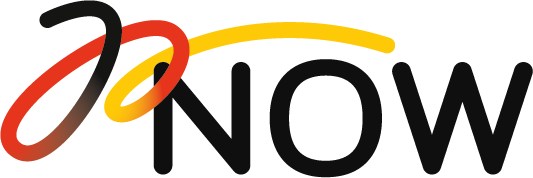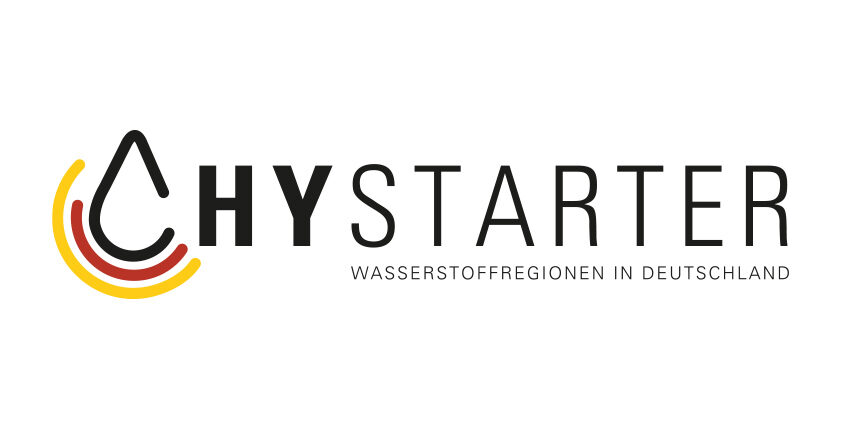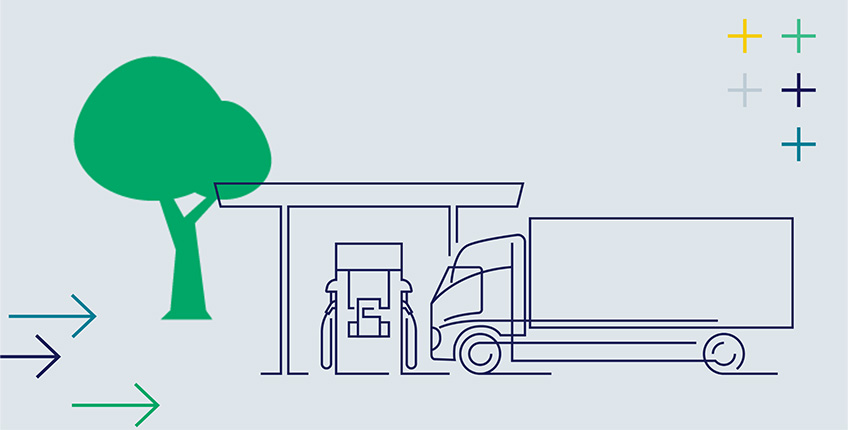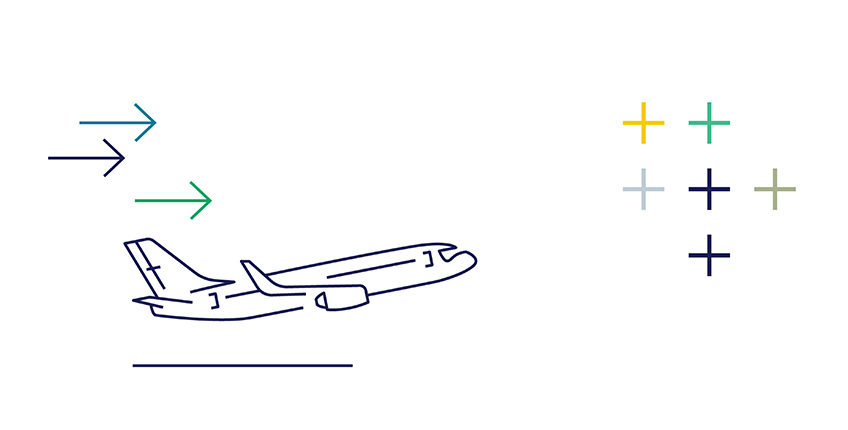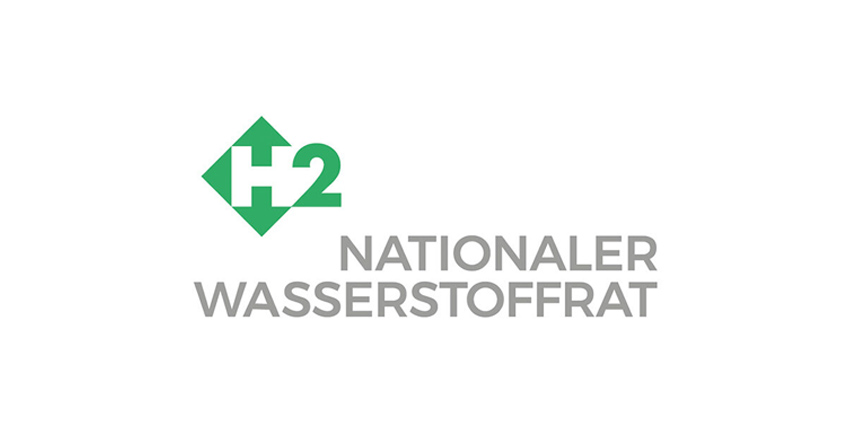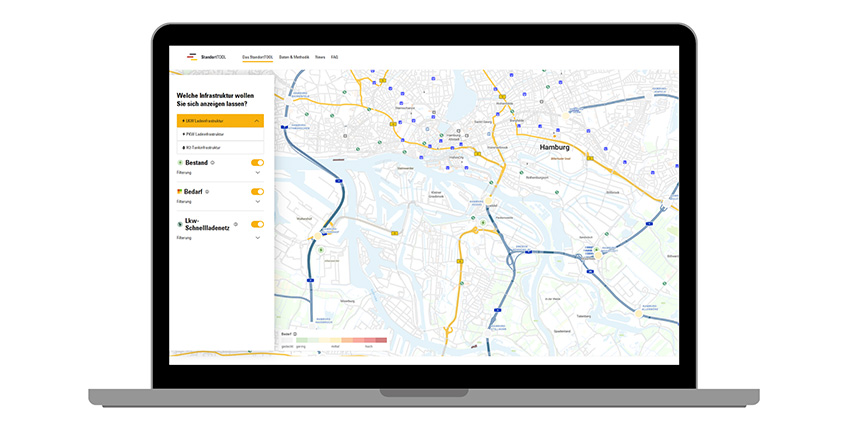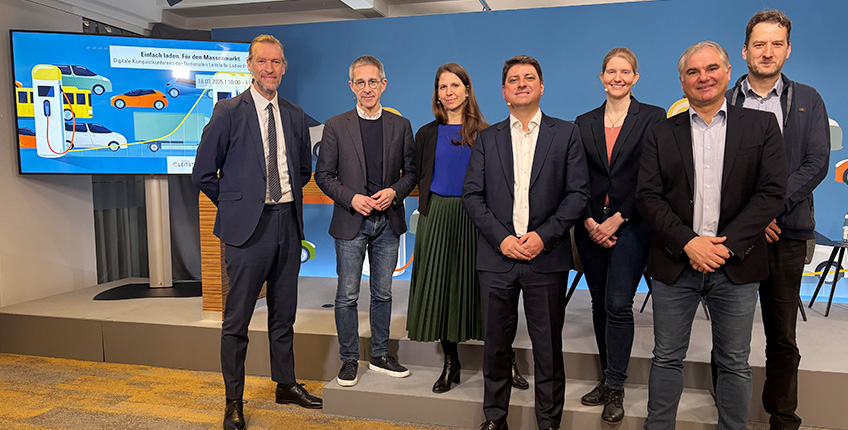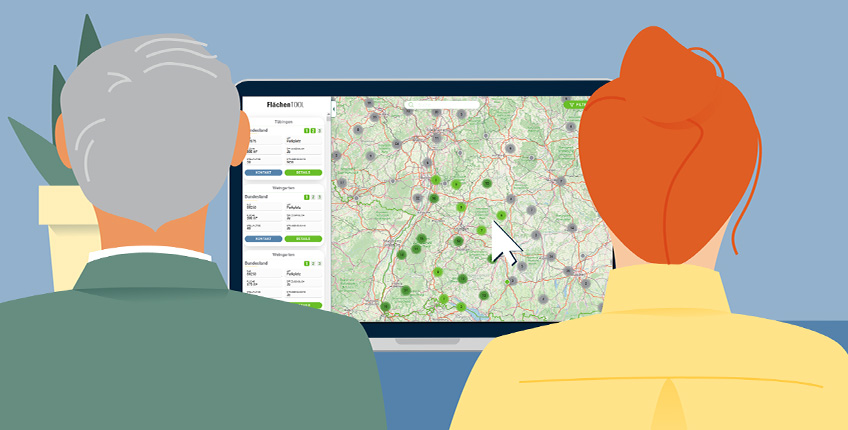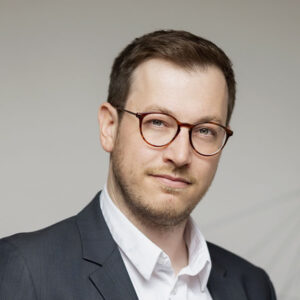This past Monday, around 50 invited guests were able to learn more about the first concrete project approaches for the use of hydrogen in the region and a scenario calculation that was carried out. The HyStarter project, which is technically supported with funding support from the Federal Ministry of Transport, was founded at the beginning of the year and has since developed the results it presented in several meetings.
In their welcoming addresses, Mayor Thomas Beyer and the Managing Director of the Stadtwerke Wismar, Andreas Grzesko, emphasised the importance of hydrogen for the region and regional value creation. Both speakers also highlighted the contribution of hydrogen to a greater degree of independence from energy imports, even though many questions are still open, such as whether sufficient electricity will be available in the near future or whether the fuel cell will be able to achieve a relevant market share in commercial vehicles.
By looking at selected projects, the guests were able to find out about and discuss the approaches that have been developed in the network. The projects presented showed the range of possible uses of hydrogen, e.g., in mobility or also in the supply of heat to residential buildings. Hydrogen and fuel cell drives could, for example, not only be used to power local public transport buses, but also the forklift trucks in the timber cluster and in the seaport. The network has also considered the use of by-products generated during the production of hydrogen. One concept, for instance, envisages supplying heat to a residential area adjacent to the Wismar sewage treatment plant. The oxygen produced during electrolysis can then support the treatment processes in the sewage treatment plant. The need for a future refuelling infrastructure in the region was exemplified by the project “Hydrogen Refuelling Station at the Wismar Motorway Interchange” (“Wasserstofftankstelle am Autobahnkreuz Wismar”). The network partners even envisage the establishment of a hydrogen hub for the new industrial estate being built near Kritzow, partly because there are plants for the generation of renewable electricity in the vicinity and the location would suggest that there will be a future demand for hydrogen.
The network is receiving technical support from Berlin-based Spilett New Technologies GmbH and has developed a scenario calculator to support and validate the ideas. The initial calculations presented during the evening were positively welcomed by the guests. They showed that with the approaches taken so far, an economically self-sustaining hydrogen economy can be established and a high economic added value and high carbon savings can be achieved for the region. The network of players will now continue to develop its ideas and investigations in more concrete terms. At the beginning of next year, a hydrogen strategy will be presented to the public.
Background to the HyStarter programme:
“HyLand – Hydrogen Regions in Germany” (“HyLand – Wasserstoffregionen in Deutschland“) is a competition that was launched in 2019 by the Federal Ministry of Digital and Transport (BMDV– Bundesministerium für Digitales und Verkehr) including the categories “HyStarter”, “HyExperts” and “HyPerfomer”. In the second round of the competition, Stadtwerke Wismar entered the competition for the Hanseatic City of Wismar region and emerged as one of 15 winners in the “HyStarter” category. Winners receive professional, technical and organisational support for one year to assist in the establishment of a network and the development of a regional hydrogen concept. The aim is to advise and support the region in such a way that a “landscape of stakeholders” is formed from politics, municipal businesses, industry, commerce, science and society. The programme is coordinated by NOW GmbH and implemented by Project Management Jülich. More information on the programme can be found at www.hy.land.
